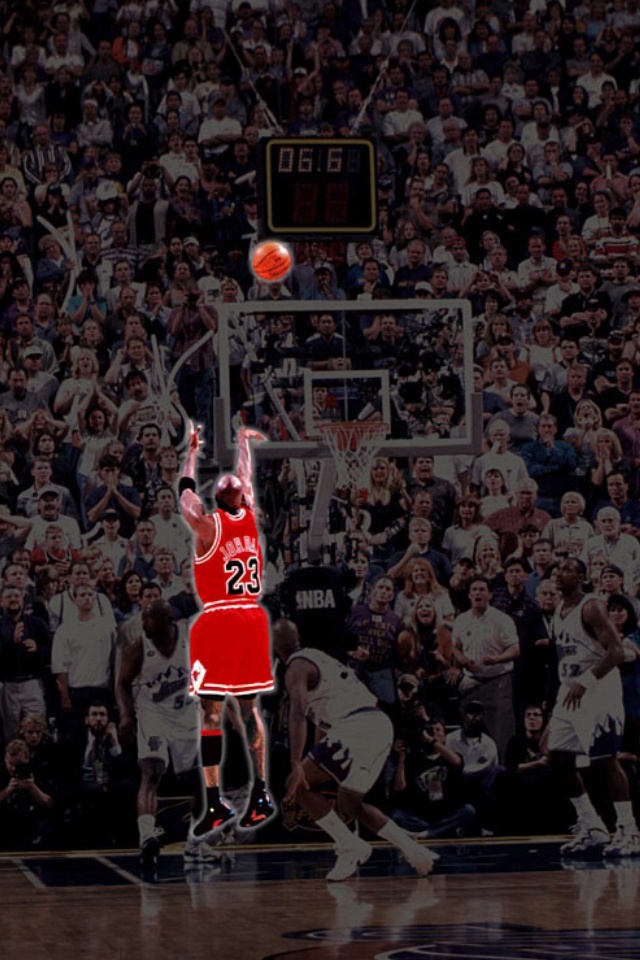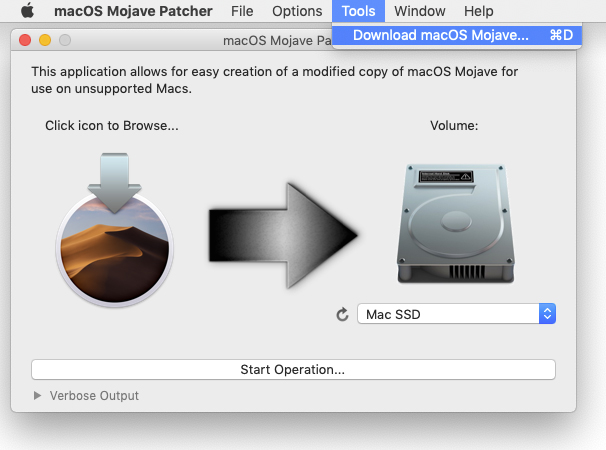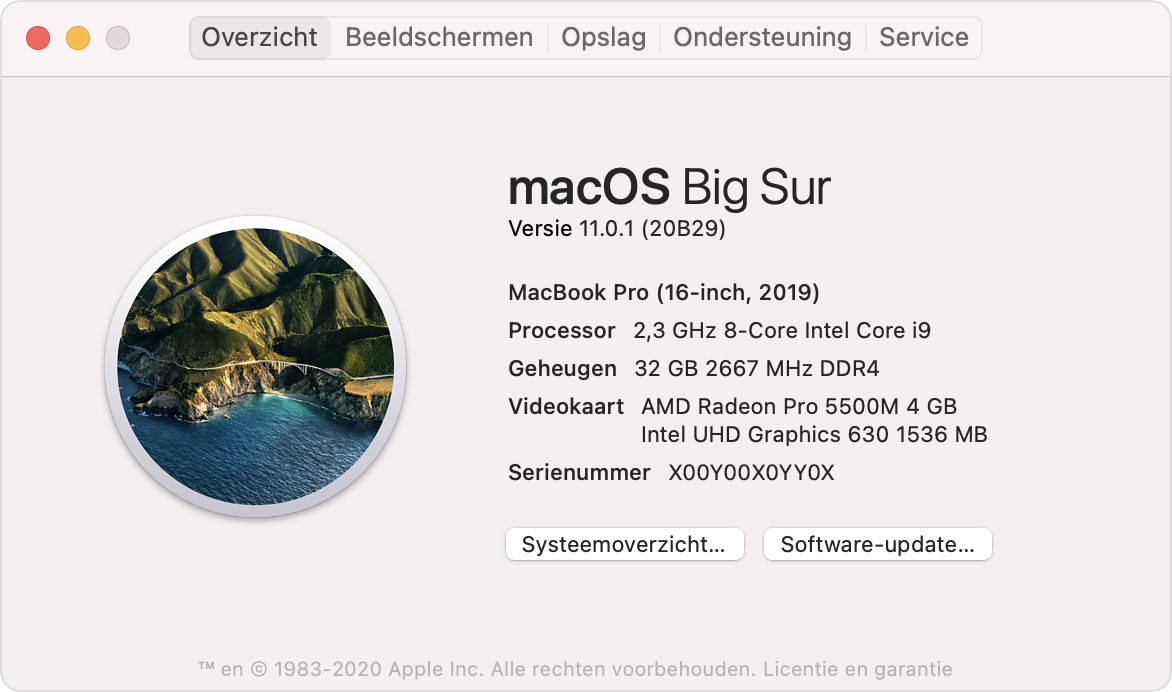Welcome to Mr. Macintosh.com. If you are part of one of the following groups, Mac Admins, Mac Support, Mac Developer, Mac in Education or Mac User, then this is the site for you. How do i use airplay on sonos. Each group is important, yet has different needs.
- Mac Admin = This tag is for anyone in who is in Macintosh Architecture, Engineering, System Administration, or MDM Administrators.
- Mac Support = Someone who supports or fixes Macintosh issues. This group includes anyone who works in a Macintosh Helpdesk role. You could be level 1-3 or even a Subject Matter Expert (SME) or Team Lead or Management.
- Mac in Education = This group is for anyone working in K-12 or Higher Education. You could be a teacher, Helpdesk Analyst, or Administrator.
- Mac Developer = A Mac Developer, covers anyone who develops software on the Mac, including macOS iOS, iPadOS, watchOS, and tvOS.
- Mac User = This could be anyone who uses a Mac. You want to learn more about how the Mac works. You could be an everyday user, enterprise user, student, collector, or even an enthusiast.
I have at one time or another been a part of 4 of 5 groups. I started as a Mac User when I got my first Mac (Blue and White PowerMac G3). Then I got my first job in Mac EDU (Mac Higher Education). After that, I moved on to Mac Support (Mac Enterprise IT Support). Today I am a member of Mac Admins (Macintosh Architecture & Engineering).
If you are just getting started and are thinking of getting into a career supporting Apple devices, knowledge and learning is critical. Read and learn as much as you can along the way. Mac os yosemite to catalina.
Apple advises that macOS Mojave will run on the following Macs: Mac models from 2012 or later. Running Big Sur on another macOS on an unsupported Mac may also be considered against Apple's.
Be sure to check out my latest blog posts! If you have any comments or questions, feel free to contact me. Thank you for visiting my website.
- Works on macOS, CentOS 7, and Windows. Should work on most modern Linux distros. MacOS Catalina (10.15), Mojave (10.14), and High Sierra (10.13) currently supported. The virtual machine may be upgraded to Big Sur 11.1 through Software Update. Documentation can be viewed by executing the command./macos-guest-virtualbox.sh.
- Jun 22, 2020 A: If your Mac had official support in macOS Catalina, they will likely be able to be patched to run Big Sur with minimal issues. As of writing, only WiFi appears to be unstable, and even then, not for all users. If your Mac was unsupported before the release of macOS Catalina, support remains to be seen as graphics acceleration may not be.
- MacOS is the direct successor to the classic Mac OS, the line of Macintosh operating systems with nine releases from 1984 to 1999. MacOS adopted the Unix kernel and inherited technologies developed between 1985 and 1997 at NeXT, the company that Apple co-founder Steve Jobs created after leaving Apple in 1985.
Carbon Copy Cloner requires macOS. CCC will not run on Windows.
Carbon Copy Cloner 5 is the latest version available. Users running Yosemite (10.10), El Capitan (10.11), Sierra (10.12), High Sierra (10.13), Mojave (10.14), or Catalina (10.15) should use this version of CCC. If you are having trouble downloading CCC from the link above, try this alternate download location.
Upgrading from CCC 4? CCC 5 is a paid upgrade. CCC 4 Personal and Household licenses purchased prior to May 22, 2017 are eligible for upgrade pricing. When you open CCC 5, it will automatically retrieve your new license or an upgrade coupon that you can use to purchase CCC 5 at 50% off. CCC 4 licenses purchased on or after May 22, 2017 are eligible for a free CCC 5 upgrade license.
CCC 5: Support for macOS 11 Big Sur

CCC 5.1.22 (and later) is qualified for macOS 11 Big Sur. Open CCC and choose 'Check for updates..' from the Carbon Copy Cloner to get the update, or click the 'Download CCC 5' button above. Please take a moment to review the following resources prior to upgrading to macOS Big Sur:

Carbon Copy Cloner 4.1.24 is compatible with Mountain Lion (10.8), Mavericks (10.9), Yosemite (10.10), El Capitan(10.11), Sierra (10.12) and High Sierra (10.13). Note that while this version of CCC may work on El Capitan and newer OSes, we recommend that El Capitan+ users upgrade to CCC 5. We offer technical support for CCC 4, but we are no longer actively developing it. If you are having trouble downloading CCC from the link above, try this alternate download location.
CCC 4 and Mojave+: CCC 4 is qualified up to macOS High Sierra. CCC 4 license holders are welcome to continue using CCC 4 on later OSes with the understanding that this is an untested and unsupported configuration. CCC 5 is fully qualified on macOS Mojave and offers extensive support for APFS, including support for point-in-time restores via APFS filesystem snapshots.
Install Macos Mojave On Unsupported Mac
Unsupported Versions
Install Macos Mojave On Unsupported Mac
Download CCC 3.5.7 for use on Snow Leopard (10.6) and Lion (10.7). Download CCC 3.4.7 for use on Tiger (10.4) and Leopard (10.5). CCC 3.4.7 and 3.5.7 are provided as-is; we regret that we cannot offer any support for the installation or use of these older versions of CCC.

